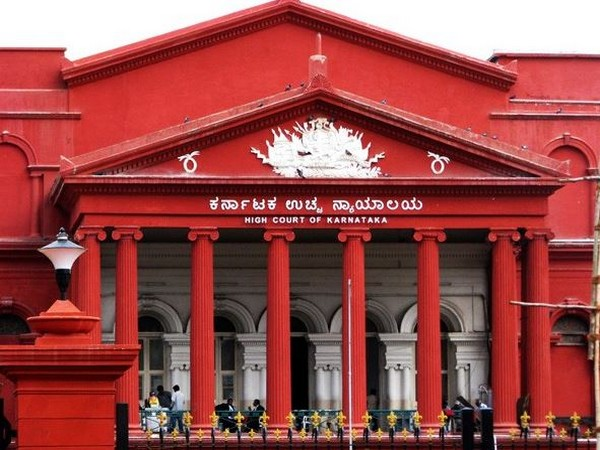Synopsis: Because the petitioner’s identity is legally registered on her Aadhaar card and passport, the Court noted that she was not required to apply for a certificate of identity.
Recently, the Karnataka High Court noted that transgender people who have officially reported gender changes prior to the Transgender Persons (Protection of Rights) Act, 2019 are not required to apply for an identity certificate under the Transgender Persons (Protection of Rights) Rules, 2020.
The Bench of Justice John Michael Cunha relied on the judgement of NALSA v Union of India and others, in which the Supreme Court affirmed the right of transgender people to decide on their own identity.
The petitioner claimed to be a transgender whose gender at birth does not correspond to the gender she possess now. She was born as a male biologically and the same was reflected in her birth certificate.

According to the petitioner, she had considered herself as a female from a very young age. Her self-identified gender identity is female, even though she was born as a male at birth. In 2018, she also underwent gender re-assignment surgery. She subsequently received an Aadhaar card and a passport that represented her new female name and gender.
In two notifications published in Vijaya Karnataka and Times of India, the petitioner executed an affidavit dated October 31, 2019 about her intention to change her name and gender.
Her concern was that in the SSLC and PUC mark cards the respondents declined to change her name and gender.
The petitioner was therefore seeking guidance to grant a revised pre-university certificate and to set aside the order given by CBSE. She also prayed for an improvement in her MBBS mark card and educational records for name and gender.
The Karnataka Secondary Education Examination Board’s lawyer argued that under the 2019 Act, a transgender person is expected to apply to the District Magistrate for the issuance of a transgender identity certificate.
In addition, the lawyer argued that there is no provision in the Board’s examination by-laws to effect a change in the student’s gender and name. It was also argued that the order passed by the Board should not be misunderstood.
The petitioner’s counsel argued that her identity had changed long before the enforcement of the 2020 Act, and therefore the process provided for in the 2020 Act was not applicable to her.
It was further submitted that, in accordance with the NALSA judgement, the state government and all its instruments are necessary to accept the petitioner’s self-identified gender.
After noting the NALSA decision on self-identification of transgender persons, the Court delved into sub-rule (3) of Rules 6 of the Transgender Persons (Protection of Rights) Rules, 2020. It held that, transgender persons who have officially recorded their change in gender, whether as male, female or transgender, prior to the coming into force of the Act are not required to submit an application for certificate of identity under these rules.
It was further noted that since the petitioner’s identity is officially recorded in her Aadhaar card and passport, she was not required to make an application for a certificate of identity.
The Court thus directed the State Of Karnataka (Department Of Pre-University Education), the Karnataka Secondary Education, Central Board of Secondary Education (CBSE), and Rajiv Gandhi University Of Health Sciences (Bengaluru) to change the name and gender of a transgender petitioner in their respective educational records as her chosen name and her gender as “female”, and issue a revised marks card.

